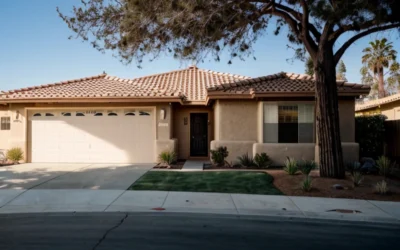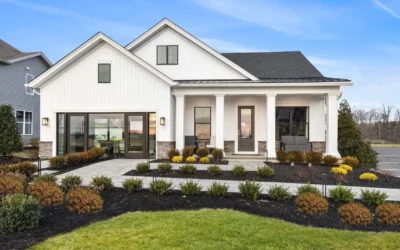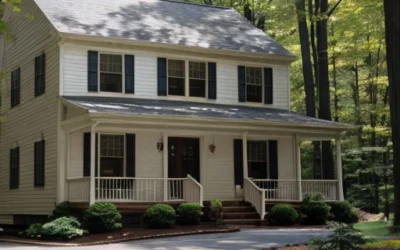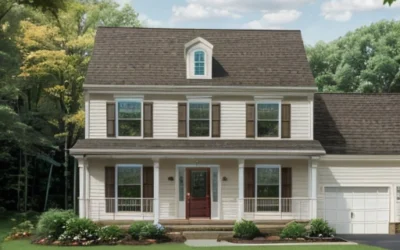Remember H.A.R.P.? Here Are the Replacement Programs You May Have Never Heard Of
As the real estate market continues its upward trajectory, homeowners are presented with new refinancing opportunities, transcending the era of the Home Affordable Refinance Program (HARP). Introduced to aid homeowners with little or no equity in the aftermath of the housing crisis, HARP served as a lifeline for many. Yet, with its expiration in 2018, the baton has been passed to a new generation of refinancing programs. These initiatives, including the Freddie Mac Enhanced Relief Refinance (FMERR), the Fannie Mae High LTV Refinance Option (HIRO), and Streamline Refinances for FHA, VA, and USDA loans, are designed to assist homeowners in capitalizing on today’s lower interest rates, regardless of their equity status.
With the post-crisis recovery, a significant reduction in the number of underwater homeowners has been observed, thanks to steadily rising home values. This positive shift means a vast number of homeowners now have the opportunity to refinance at more favorable rates. For those who previously navigated the challenges of an underwater mortgage, a reassessment of eligibility could reveal a surprising increase in home equity, potentially opening the door to beneficial refinancing options.
Despite the sunset of HARP in 2018, the emergence of replacement programs has filled the void, catering to the needs of those with minimal equity. These programs, while varying in specifics, share the common goal of facilitating refinancing to lower interest rates and monthly payments, thereby enhancing housing affordability. However, with the continual rise in real estate values, the reliance on such specialized programs has diminished, yet the awareness of increased home equity remains crucial for all homeowners.
For individuals unaware of the growth in their home’s value, now is an opportune time to explore refinancing possibilities. The increase in property values nationwide has not only benefited those looking to sell but also has significantly expanded refinancing eligibility. This change is particularly relevant for homeowners who, despite previous equity shortfalls, may now qualify for refinancing due to the appreciation in their home’s value.
Addressing the specifics, FMERR and HIRO programs, initiated in response to HARP’s expiration, were designed to aid those still facing high loan-to-value ratios. Noteworthy is the fact that in August 2021, these programs saw a temporary pause due to a decline in applicants, a testament to the growing equity among homeowners. These initiatives offer several advantages, including no maximum LTV ratios for certain loans, the potential waiver of private mortgage insurance, streamlined application processes, and the flexibility to choose a new or current lender, thereby enhancing the accessibility and affordability of refinancing.
The eligibility criteria for FMERR and HIRO are precise, targeting those with loans owned by Freddie Mac or Fannie Mae, respectively. Requirements include specific loan origination dates and a clean payment history, aiming to ensure that those most in need and responsible in their financial obligations can benefit. Moreover, these programs emphasize the necessity of a ‘net tangible benefit’ from refinancing, ensuring that homeowners truly improve their financial standing through lower interest rates, reduced payments, or more stable mortgage terms.
Furthermore, the potential for appraisal waivers under certain conditions presents a significant boon, eliminating the need for a costly and time-consuming home appraisal process for many applicants. This, alongside the transferability of existing private mortgage insurance, underscores the programs’ commitment to removing barriers to refinancing.
In conclusion, the post-HARP era of refinancing in 2024 offers a multitude of avenues for homeowners to improve their mortgage situations. With the real estate market’s continued growth and the availability of programs designed to accommodate a range of equity levels, the opportunity for refinancing has never been more accessible. Homeowners are encouraged to reassess their eligibility and explore these refinancing options, potentially unlocking significant financial benefits and ensuring their home financing reflects the current favorable conditions.






